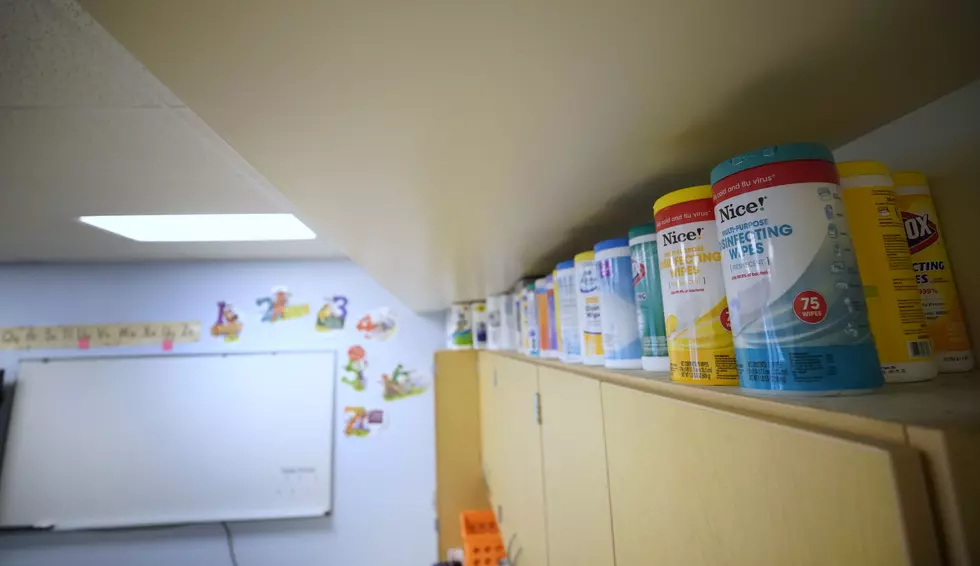
‘Never been so challenged': NJ Lawmakers Meet on School Safety
TRENTON – With school safety top of mind after the massacre at an elementary school in Texas, the Assembly Education Committee endorsed a package of bills addressing the topic from varied directions Thursday.
- Two bills address student mental health, including a pilot program and referrals from school professionals to private counselors.
- Two deal with school safety requirements, including threat assessment teams and better sharing of information about school buildings.
- One expands the definition of "harassment, intimidation or bullying" under the Anti-Bullying Bill of Rights Act.
“Talking to the professionals and some (advocacy groups) about the current mental state of our children and our staff and our schools, we’ve never been so challenged,” said Assemblywoman Pam Lampitt, D-Camden. “We’ve never been at this critical juncture.”
Threat assessment teams would be required in every school district, under one of the bills that advanced. It was actually a combined bill that also folded in a proposal requiring in-service training for school employees on safety and security that includes a component on behavioral threat assessment.
Police officer Ryan Alcott, a school resource officer in Woodbury, applauds that schools that have such assessment teams now but says the bill is needed for schools that “do absolutely nothing.”

“The schools who get these concerning behaviors reported to them and resort to zero tolerance policies that overreact to minor misbehavior, that exclude students through expulsion, suspension,” Alcott said. “It does nothing but harm the student and does not increase safety in any way.”
Alcott said that by expelling students rather than take steps to mitigate the issue, schools essentially punt the problem to another school district that would unknowingly be taking on that risk.
Another bill would require schools to provide local police with digital forms of “critical incident mapping data” – such as aerial images, floor plans, building access points and locations of hazardous materials or utility shutoffs.
Mike Rodgers, chief executive officer of Critical Response Group in Ewing, said information sharing is vital because if an incident happens, you never know which police agencies will be on the scene.
“So, from a state trooper to an FBI agent to a municipal police officer or county sheriff, we need to make sure that they all have the data so when they’re responding to a location for the first time, we’re giving them the tools so they can navigate and communicate with other mutual aid partners,” Rodgers said.
A 2019 law requires schools to provide police departments with copies of blueprints and maps of schools and school grounds. But they’re not necessarily digitized, labeled, up-to-date or oriented in the same direction, limiting their helpfulness.
Rodgers said 60% of schools in the state have provided critical incident mapping data already, leaving 40% that have not. He said that compares favorably to other states.
Rodgers said the cost is only around $2,500 to $3,000 per school, but advocates and lawmakers suggested the state should find a source of funds to pay those costs. The state constitution doesn’t allow for new state mandates that compel local spending.
School aid for all New Jersey districts for 2022-23
Every NJ city and town's municipal tax bill, ranked
More From WPG Talk Radio 95.5 FM










